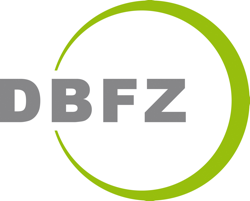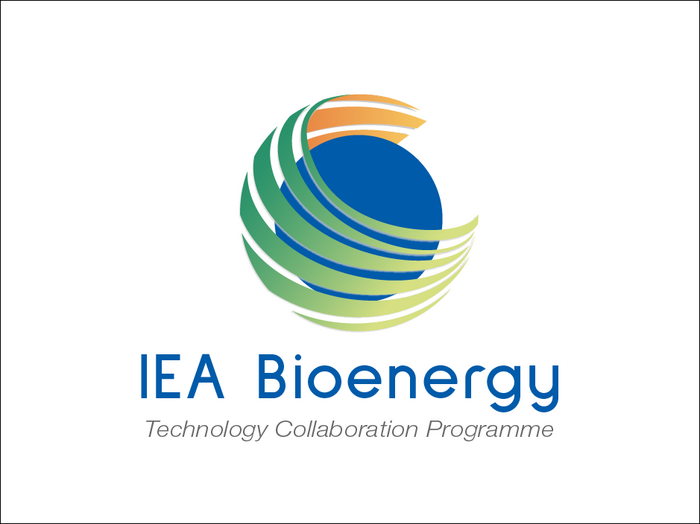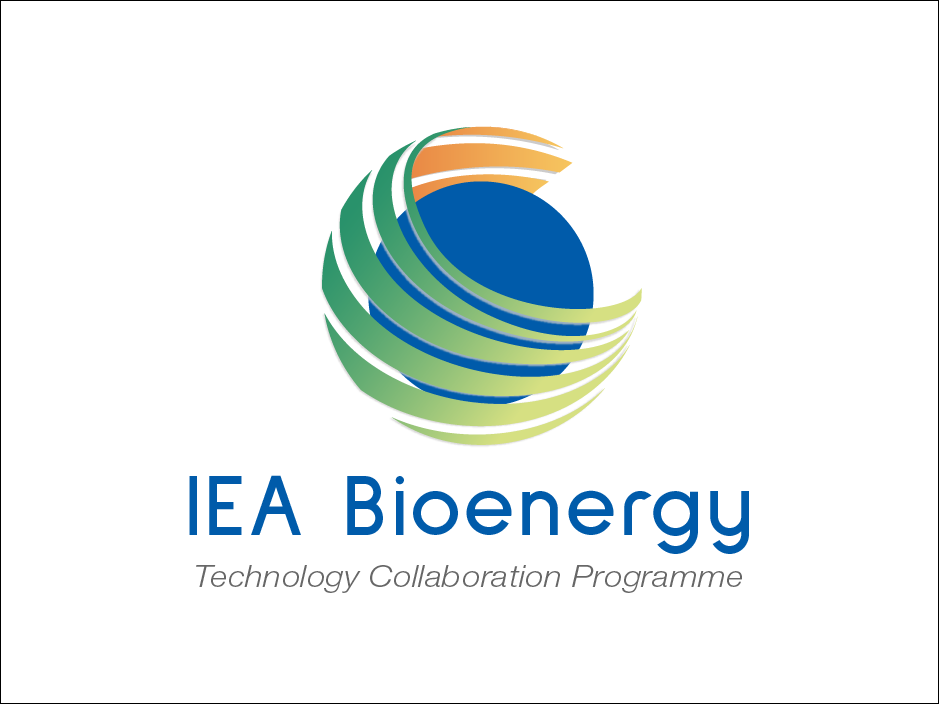IEA expert workshop discusses deployment perspectives for green hydrogen from biomass
Stakeholders from industry and science as well as representatives of the German Federal Ministry of Food and Agriculture (BMEL) have discussed the application perspectives of green hydrogen in biobased processes at a workshop of the International Energy Agency (IEA Bioenergy). The results, which have now been published, serve as a basis for the development of an overview and evaluation of promising concepts for deployment within the framework of the IEA Inter-Task Project "Synergies of green hydrogen and bio-based value chains deployment".
The demand for green hydrogen will continue to increase in the future. Against this background, the German government has adopted the National Hydrogen Strategy, among other things. It is intended to make the energy carrier marketable and enable its industrial production, transportability and usability. However, in cooperation with industry and research, it is necessary to discuss how biomass-based processes can complement green hydrogen production based on water electrolysis and where the role and potential, but also the limits of the use of hydrogen from biomass are. Initial application examples can already provide valuable insights into the main aspects of "state of technological development", "degree of adaptation of processes", "options for using the hydrogen" and "potential of biomass supply to meet hydrogen demand".
In two separate sessions of the expert workshop organised by the IEA Bioenergy Task 40 "Deployment of biobased value chains" in cooperation with nine other IEA Bioenergy Tasks, the approximately 30 stakeholders from science, industry, politics and associated IEA TCPs (Technology Collaboration Programmes) focused on the discussion of current concepts for the production of green hydrogen from biomass, the use in biobased processes (industry session) and the evaluation and role of these concepts in the energy system (scientific session). The overall objective was to describe possible value chains combining hydrogen production and the use of hydrogen and bio-based processes for different bio-based end products (including technologies at different stages of development).
Based on the results of the intensive discussions in both sessions, promising concepts were identified, which will subsequently be described and evaluated in more detail in the inter-task project. Both the IEA Hydrogen TCP (hydrogen) and the IEA AMF TCP (advanced fuels), Task 64 subsequently commented on the concepts presented and gave a general assessment of the role of biomass-based hydrogen. There was a consensus among the experts that biomass-based hydrogen is currently overlooked in the discussions on hydrogen supply. Possible options as well as the potentials have not been comprehensively addressed and discussed so far. Therefore, it is crucial to determine the role and potential, but also the limits of the use of hydrogen from biomass, according to the participants of the workshop. Against this background, the international project is developing for the first time an assessment framework for evaluating the use of hydrogen from biomass in an international context.
Workshop presentations and further publications as free downloads:
https://task44.ieabioenergy.com/ieaevent/expert-workshop-deployment-perspective-of-green-hydrogen-from-biomass-and-green-hydrogen-use-in-bio-based-processes/
https://task44.ieabioenergy.com/inter-task-project-on-hydrogen-and-bio-based-value-chains/
www.dbfz.de/pressemediathek/publikationsreihen-des-dbfz/dbfz-reports/dbfz-report-nr-46
Background IEA Bioenergy
The IEA Bioenergy is an organisation founded in 1978 by the International Energy Agency (IEA) with the aim of improving international cooperation and the exchange of information on bioenergy research. Members of the IEA Bioenergy Working Groups are scientists from OECD and non-OECD countries. In accordance with the current research priorities in the field of bioenergy research, the IEA Bioenergy consists of various working groups (tasks) with work programmes of three years each. The thematic orientation of the working groups is coordinated via a steering committee (ExCo). In the triennium 2022-2024, the IEA Bioenergy comprises 11 tasks in which about 200 people from different international institutes, universities and economic agencies work together. The DBFZ is currently represented by several scientists in five IEA Bioenergy working groups (tasks). Further information is available at: www.ieabioenergy.com.
Smart Bioenergy – innovations for a sustainable future
The DBFZ works as a central and independent thinker in the field of energy and material use of biomass on the question of how the limited available biomass resources can contribute to the existing and future energy system with sustainability and high efficiency. As part of the research the DBFZ identifies, develops, accompanies, evaluates and demonstrates the most promising fields of application for bioenergy and the especially positively outstanding examples together with partners from research, industry and public. With the scientific work of the DBFZ, the knowledge of the possibilities and limitations of energy and integrated material use of renewable raw materials in a biobased economy as a whole should be expanded and the outstanding position of the industrial location Germany in this sector permanently secured – www.dbfz.de/en.


